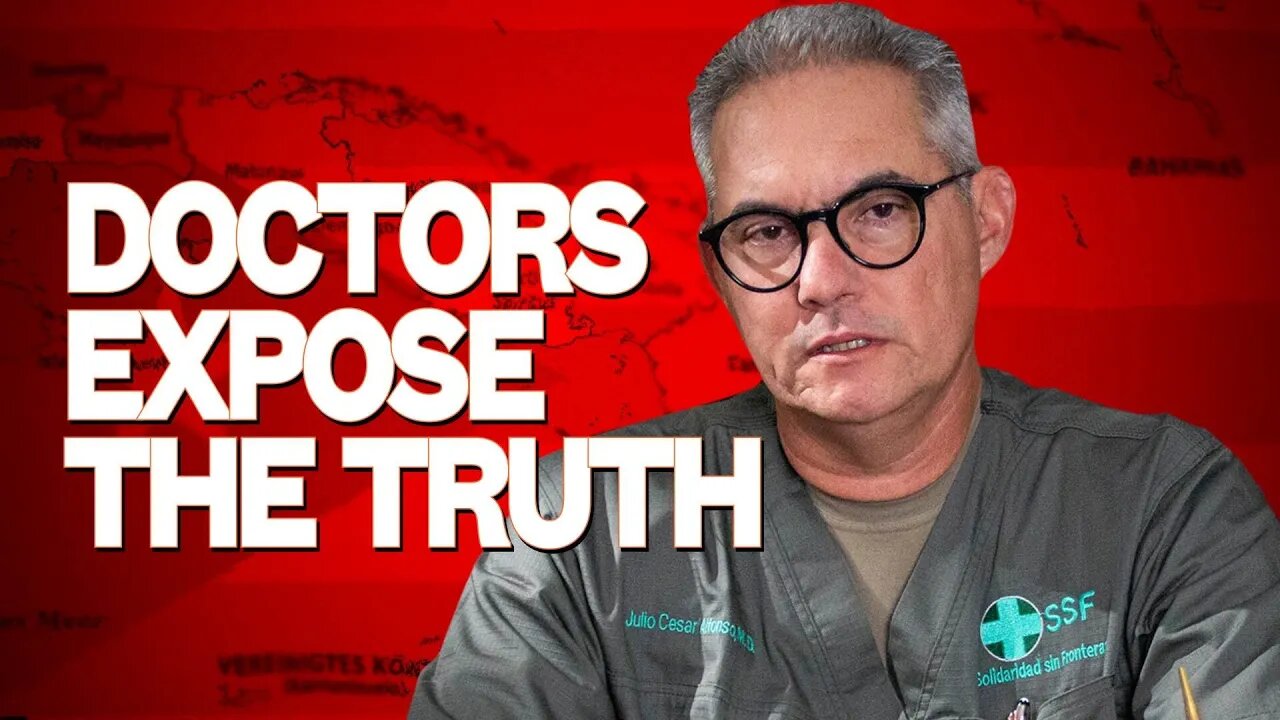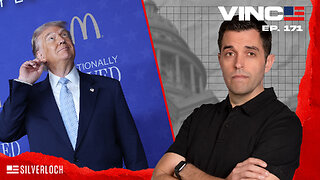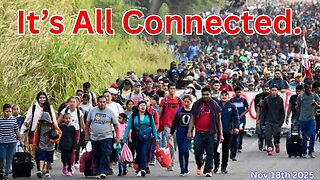Premium Only Content

The Myth of Cuban Health Care
How did something so at odds with reality persist for so long? And why is it finally crumbling?
"If there's one thing they do right in Cuba, it's health care," said Michael Moore in a 2007 interview. "Cuba has the best health care system in the entire area," according to Angela Davis, "and in many respects much better than the U.S."
"One thing that's well established in the global health community is the strength of the Cuban national health system," said Clare Wenham, a professor at the London School of Economics.
Claims like these have appeared in hundreds of documentaries, newspaper articles, and magazine features over the years celebrating the supposed marvel of Cuba's health care system. It's a testament to the effectiveness of the Castro regime's propaganda apparatus that this myth, so deeply at odds with reality, has persisted for so long.
"The Cuban health care system is destroyed," Rotceh Rios Molina, a Cuban doctor who escaped the country's medical mission while stationed in Mexico, tells Reason in Spanish. "The doctor's offices are in very bad shape."
"People are dying in the hallways," says José Angel Sánchez, another Cuban doctor who defected from the medical mission in Venezuela, tells Reason in Spanish.
According to Rios, Sánchez, and others with firsthand experience practicing medicine in Cuba, the island nation's health care system is a catastrophe. It's exactly what you'd expect in a country impoverished by communism.
In the 15 years since the release of Michael Moore's 'Sicko,' which celebrated Cuban health care, everyday citizens have been armed with smartphones and social media, empowering them to tell the truth about what it's really like in Cuban hospitals.
So how did the Castro regime's propaganda machine manage to fool so many for so long? According to Maria Werlau, executive director of the Cuba Archive, the answer lies with Cuba's foreign medical missions, which are teams of health care professionals dispatched to provide emergency and routine care to foreign countries.
Rios participated in the medical mission in Sierra Leone in 2013, where health care specialists from around the world came to help contain the Ebola epidemic. The members of the mission were told that when they returned to Cuba, they would be received as heroes. Rios says that, while he did receive a stipend that went to cover his living expenses, medical personnel from other countries were generously compensated.
In a 2020 report, Human Rights Watch said the Cuban medical missions "violate [doctors'] fundamental rights," including "the right to privacy, freedom of expression and association, liberty, and movement, among others." It noted that "many doctors feel pressured to participate in the missions and fear retaliation if they do not..."
After the mission in Sierra Leone, Rios was redeployed to a military base in Mexico. One day, he was sent with a group of doctors to buy some phone cards so they could connect with their relatives back home. He decided to make his escape. Rios found a job at a Mexican pharmacy and started saving money to pay a coyote to bring him into the U.S. He was picked up by border officials, and taken to an immigrant detention center for 42 days. After his release, he could join his family in Miami.
The medical missions are primarily a way of selling Cuban health care services abroad. So what's health care like for those living on the island?
Julio Cesar Alfonso is the president of the Miami-based Solidarity Without Borders, which helps Cuban doctors who have escaped. He says that there are two health care systems in Cuba—one that is used by the majority of regular citizens, and another that is reserved for tourists and the Cuban elite.
Sánchez thinks that, as the Castros' health care myth crumbles, ordinary Cubans are beginning to realize that they are not threatened by foreign enemies, as the regime propaganda machine has claimed for decades.
"The only enemy of the Cuban people," he says, "is the Cuban government."
Written and hosted by Daniel Raisbeck and Jim Epstein; narrated by Daniel Raisbeck; edited by John Osterhoudt; camera by Epstein, Osterhoudt, Isaac Reese, and Meredith Bragg; graphic design by Nathalie Walker; animations by Reese and Osterhoudt; additional editing support by Regan Taylor; ; additional research by Alexandra De Caires; translation assistance by María Jose Inojosa Salina; English subtitles by Caitlin Peters.
-
 53:50
53:50
ReasonTV
2 months agoPsychedelics Are Not Just for Hippies and Tech Bros
7572 -
 LIVE
LIVE
Dr Disrespect
1 hour ago🔴LIVE - DR DISRESPECT - ARC RAIDERS - NO MERCY TO MAX LEVEL
665 watching -
 1:00:48
1:00:48
VINCE
2 hours agoHere Come The Epstein Files | Episode 171 - 11/18/25 VINCE
60.4K56 -
 LIVE
LIVE
LFA TV
13 hours agoLIVE & BREAKING NEWS! | TUESDAY 11/18/25
4,287 watching -
 LIVE
LIVE
Benny Johnson
1 hour ago🚨House Voting to Release Epstein Files as Trump Plan REVEALED, Democrat PANIC: ‘It Was All A Trap…’
4,918 watching -
 47:12
47:12
theoriginalmarkz
1 hour agoCoffee with MarkZ. 11/18/2025
1.46K3 -
 1:36:43
1:36:43
Graham Allen
3 hours agoDisturbing Connection Between Trump Shooter And FURRIES!! + House Votes To Release Epstein Files!
120K798 -
 LIVE
LIVE
Wendy Bell Radio
6 hours agoIt's All Connected.
7,303 watching -
 LIVE
LIVE
Badlands Media
5 hours agoBadlands Daily: November 18, 2025
3,939 watching -
 LIVE
LIVE
Major League Fishing
5 days agoLIVE! - Fishing Clash Team Series: Summit Cup - Day 3
116 watching